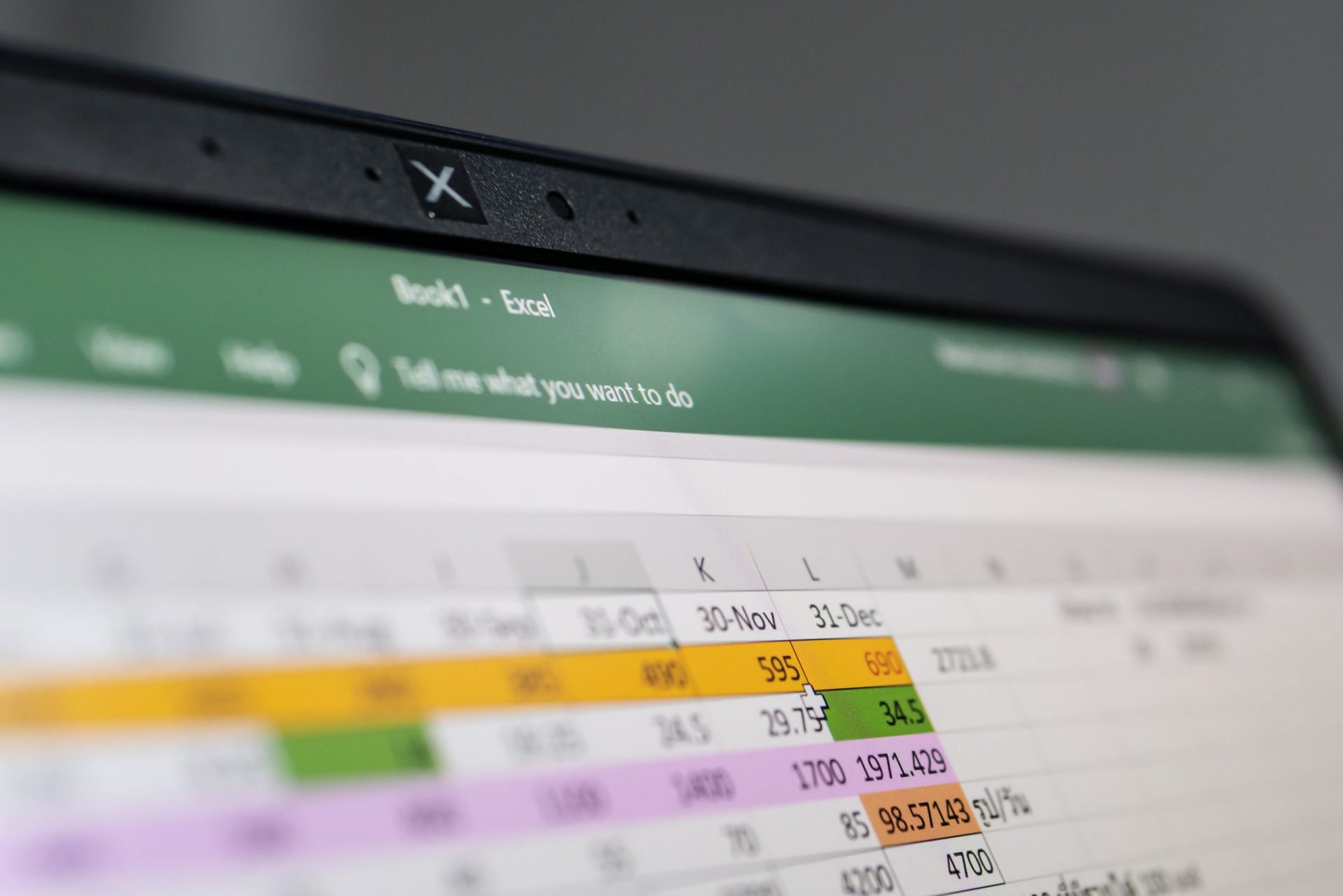Business analytics involves several methods and tools that can be organized into three dimensions:
- Descriptive analytics – understanding the performance of the past (i.e., reporting)
- Predictive analytics – using data to anticipate how the future will look like (i.e., forecasting)
- Prescriptive analytics – suggesting a course of action to improve your business (i.e., optimizing)
As a manager, you should know what you want the data to do and recognize the five key benefits that business analytics yields:
1. Improved return-on-investment when compared to ‘pure analytics’
‘Pure analytics’ means staring mining data without a specific business objective in mind. Such projects yield a high-risk of lack of results. Using business analytics, the business comes ahead of the data and guides the exploration process in a more consequent manner.
2. Superior robustness and interpretability of results when compared to ‘pure analytics’
As the business is guiding the overall process, from the problem framing to the validation of the solutions, teams are more likely to understand and use the results in the operation. Moreover, business sense should also steer away solutions that are only performing under strong assumptions.
3. More detailed decision-making when compared to just relying on business sense
Without advanced analytics, managers often make decisions that work well on average, but fail to recognize the complexity of the business landscape. The power of data is connected to the possibility of tailoring decision to the different situations appropriately.
4. More alignment within your organization than with other approaches to decision making
Business analytics strikes a good balance between grounding decisions on bottom-up evidence – data, while ensuring the appropriate business guidance. This equilibrium translates into team’s comfort as data brings the operational complexity with the appropriate business framing.
5. An opportunity to challenge your business beliefs
With a fast-paced evolution of the expectations of the different echelons of the supply chain (e.g., suppliers and customers) it is ever more crucial to continuously challenge business beliefs that often lead to poor decision making. Business analytics, by allowing data exploration, is a very good instrument to cross-check managers intuitions.



































